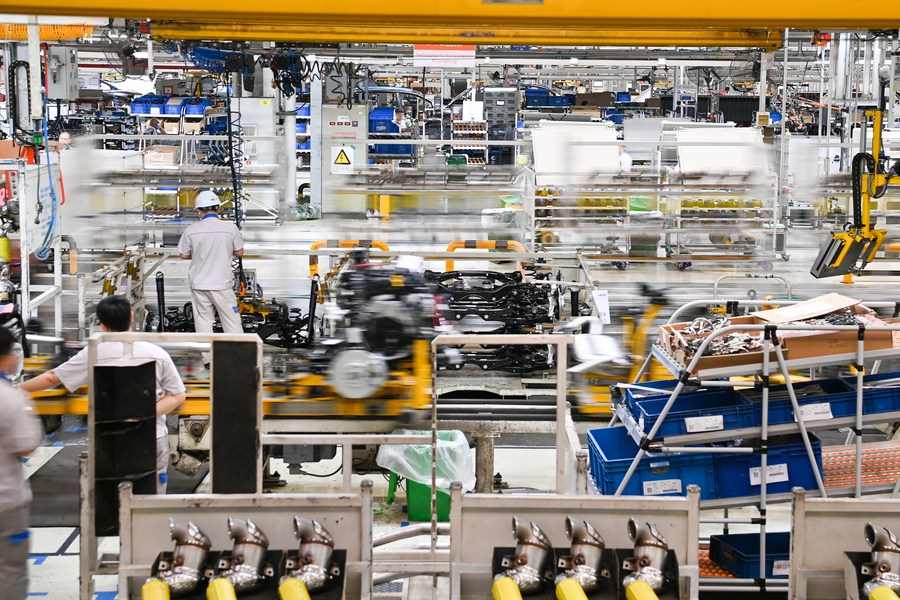Major Chinese auto groups are eyeing a takeover of Volkswagen's German plants that were scheduled to close, Reuters reported.
Localizing production in Germany is expected to help Chinese electric vehicle (EV) manufacturers avoid high import tariffs that the European Union (EU) has applied since October 2024.
The European Commission has raised import tariffs on electric cars from China to more than 45% after launching an anti-subsidy investigation.
The move prompted a strong response from Beijing, which imposed temporary tariffs on EU-origin brandy and threatened higher duties on large-engine gasoline vehicles.
In addition, China has also filed a lawsuit against the EU at the World Trade Organization (WTO), accusing Brussels of implementing a policy of "trade protectionism".
Beijing believes that local production will strengthen its influence in Germany’s prized auto industry, Reuters reported, while Chinese companies have a history of investing across the country, from telecommunications to robotics to a major stake in Mercedes-Benz.
However, China's decision to invest in Volkswagen factories will depend largely on the stance of the new German government after the election on February 23.

Meanwhile, Volkswagen announced plans to close at least three plants in Germany last year, laying off thousands of workers and cutting wages by 10%. It later reached a deal with the IG Metall union to avoid forced layoffs and plant closures until 2030.
Daniela Cavallo, chairwoman of the board of directors of Volkswagen, has called on the German government to come up with solutions to save the economy, warning that the country could fall into a "recessionary spiral".
Volkswagen Group - the symbol of the German auto industry - is one of the largest auto groups in the world, owning many other famous brands such as Audi, Porsche, Lamborghini, Bugatti, Bentley, SEAT, and Skoda.
Not only Volkswagen, many large corporations in the EU are also being heavily affected by the weakening global economy, declining product demand and increasing costs of converting to green technology.









